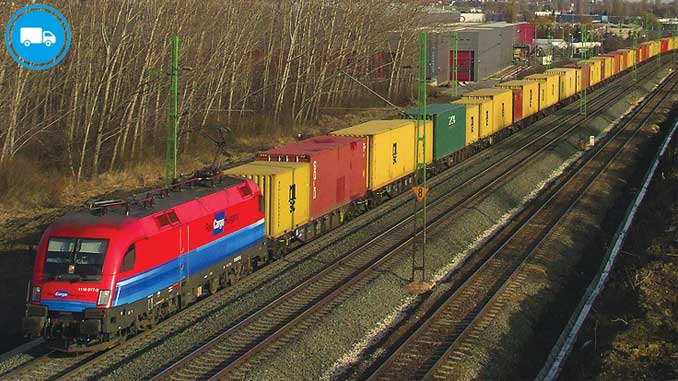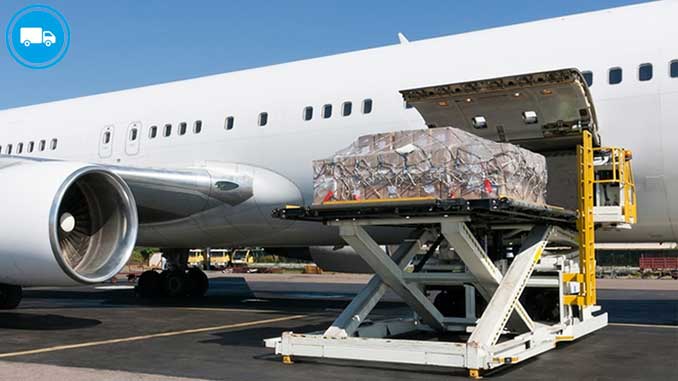Many firms, like Parcelforce, FedEx and R+L Carriers transport all types of cargo by road. Delivering everything from letters to houses to cargo containers, these firms offer fast, sometimes same-day, delivery. A good example of road cargo is food, as supermarkets require deliveries daily to replenish their shelves with goods. Retailers and manufacturers of all kinds rely upon delivery trucks, be they full size semi trucks or smaller delivery vans. These smaller road haulage companies constantly strive for the best routes and prices to ship out their products.[ Indeed, the…
Read MoreEtiket: Transportation type
Transportation types – Rail
Trains are capable of transporting a large number of containers that come from shipping ports. Trains are also used for the transportation of water, cement, grain, steel, wood and coal. They are used because they can carry a large amount and generally have a direct route to the destination. Under the right circumstances, freight transport by rail is more economic and energy efficient than by road, especially when carried in bulk or over long distances. The main disadvantage of rail freight is its lack of flexibility. For this reason, rail…
Read MoreTransportation types – Air
Air Cargo transportation Air cargo, commonly known as air freight, is collected by firms from shippers and delivered to customers. Aircraft were first used for carrying mail as cargo in 1911. Eventually manufacturers started designing aircraft for other types of freight as well. There are many commercial aircraft suitable for carrying cargo such as the Boeing 747 and the bigger An‑124, which was purposely built for easy conversion into a cargo aircraft. Such large aircraft employ quick-loading containers known as unit load devices (ULDs), much like containerized cargo ships. The…
Read MoreTransportation types – Marine
Marine ✔ Automobiles are handled at many ports and are usually carried on specialized roll-on/roll-off ships. ✔ Break bulk cargo is typically material stacked on pallets and lifted into and out of the hold of a vessel by cranes on the dock or aboard the ship itself. The volume of break bulk cargo has declined dramatically worldwide as containerization has grown. One way to secure break bulk and freight in intermodal containers is by using Dunnage Bags. ✔ Bulk cargo, such as salt, oil, tallow, and scrap metal, is usually…
Read More



